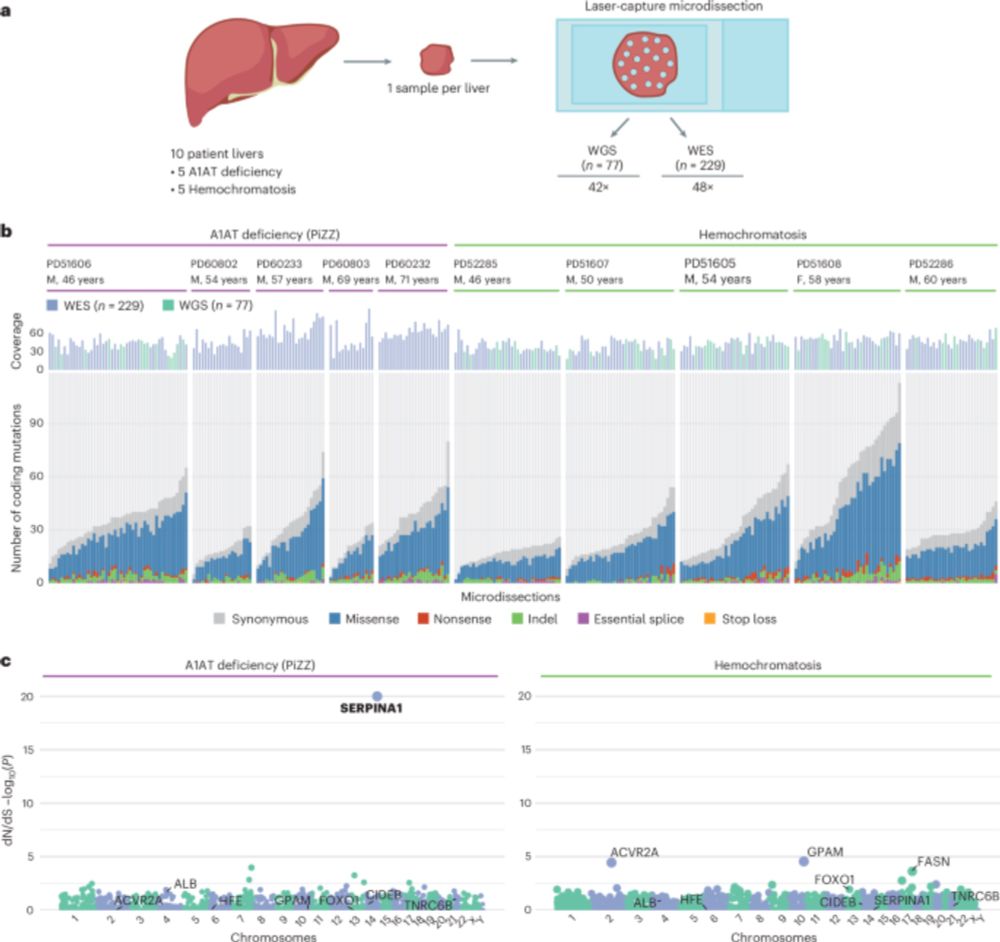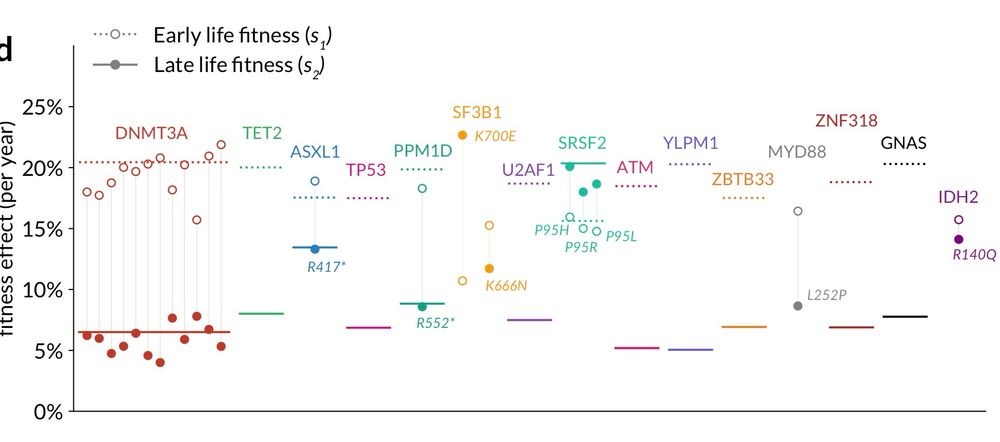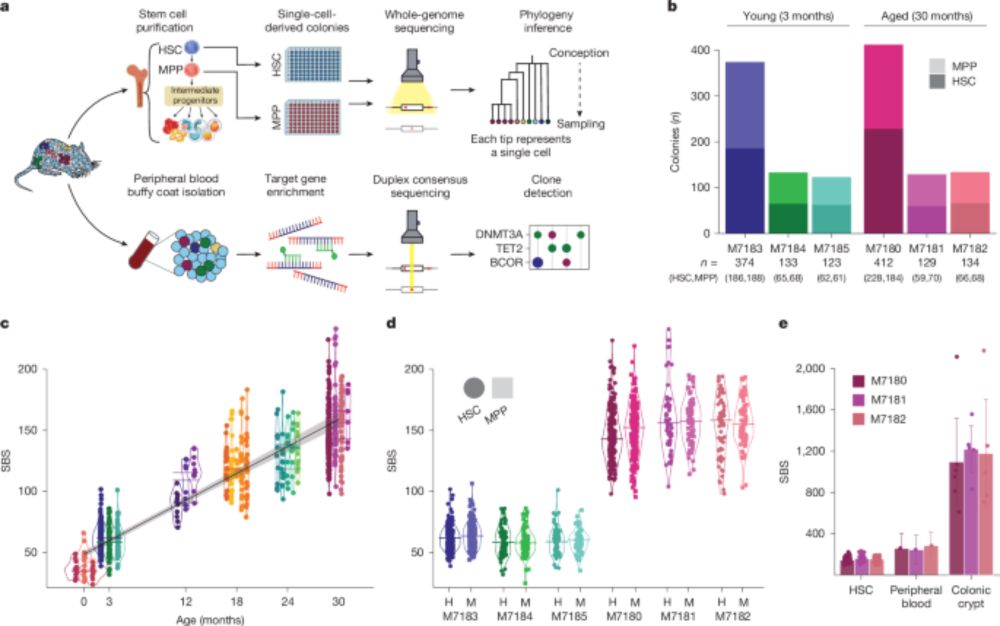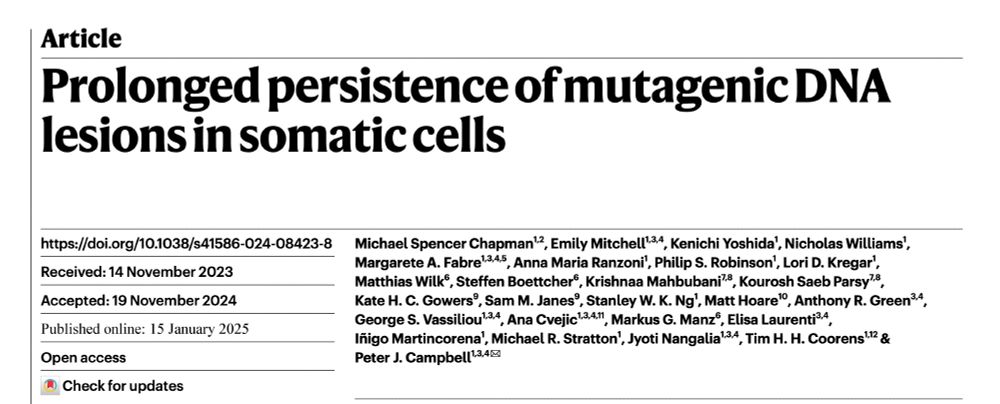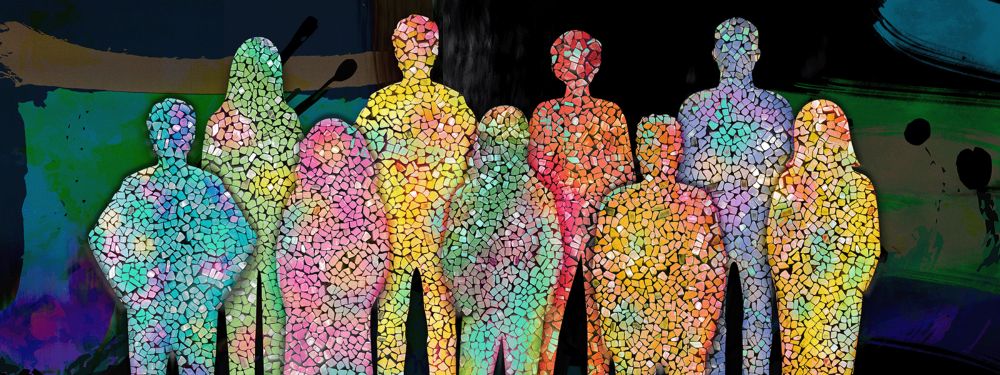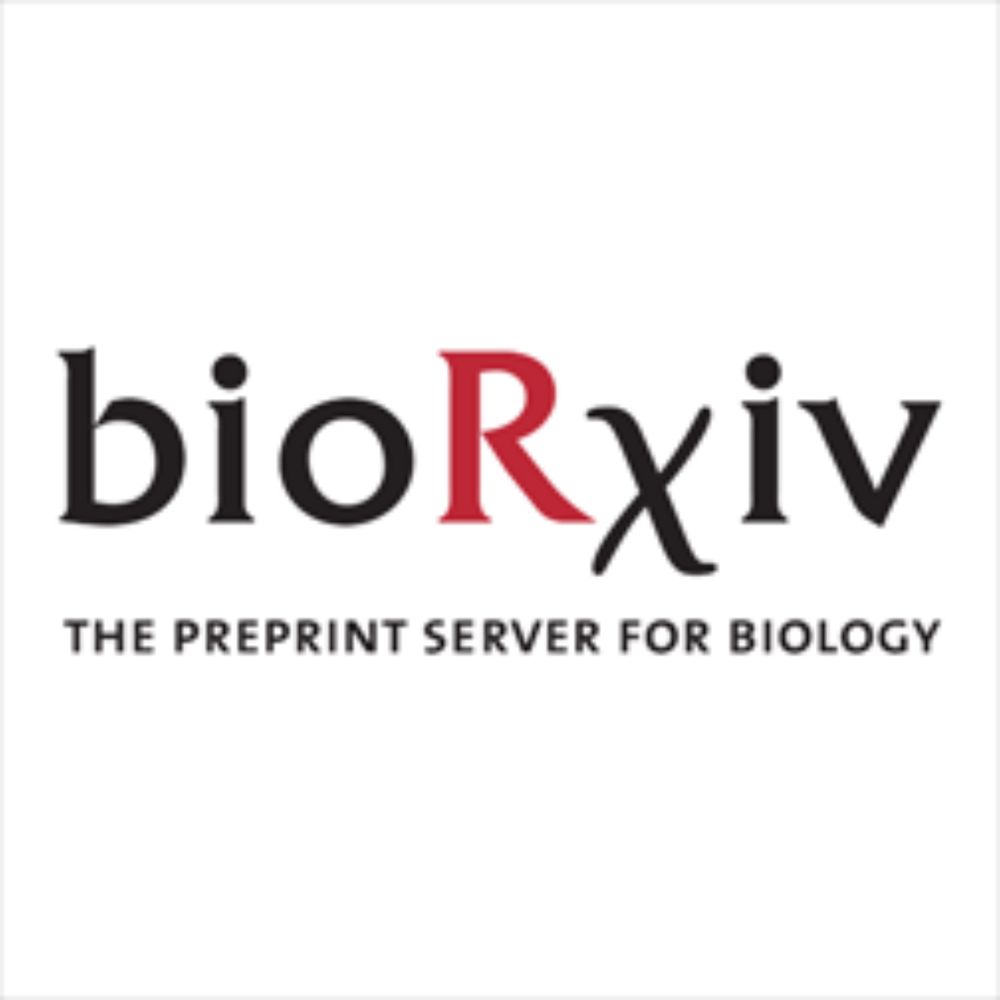Inigo Martincorena
@imartincorena.bsky.social
1.7K followers
420 following
30 posts
Scientist. Group leader at the Sanger Institute, Cambridge UK. Somatic mutation and selection in normal tissues, cancer and ageing.
Posts
Media
Videos
Starter Packs
Reposted by Inigo Martincorena
Tim Coorens
@timcoorens.bsky.social
· Mar 20
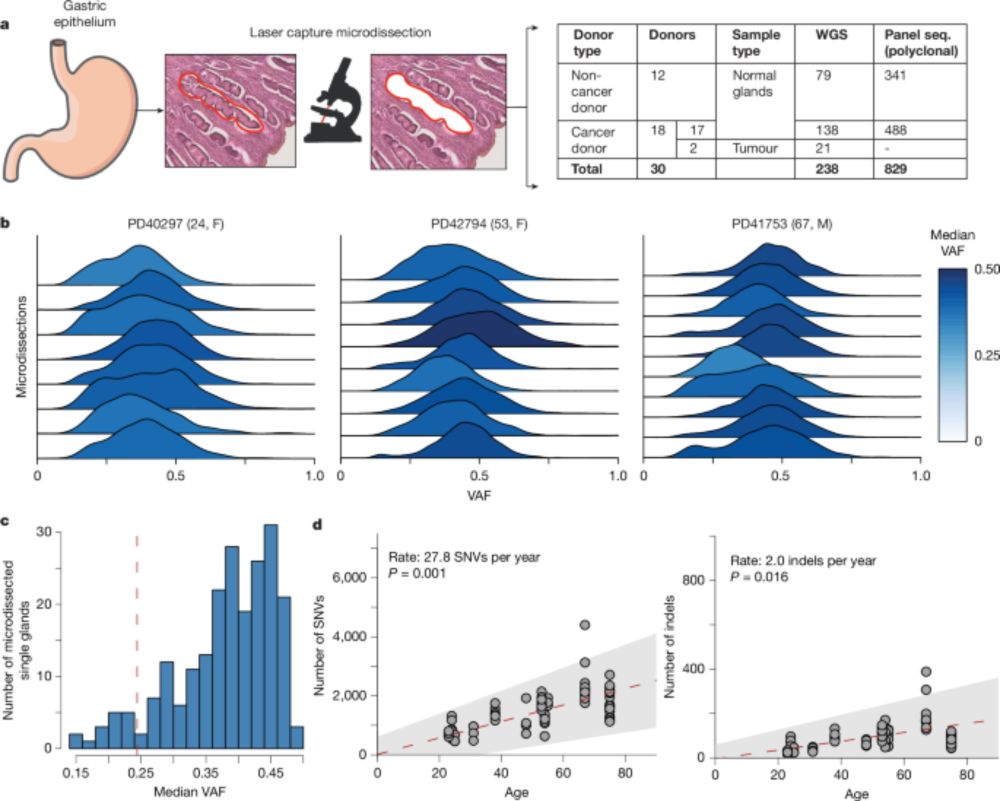
The somatic mutation landscape of normal gastric epithelium - Nature
Whole-gene sequencing of microdissected gastric glands from individuals with and without gastric cancer reveals distinct patterns of somatic mutations and provides insights into influen...
www.nature.com
Reposted by Inigo Martincorena
Reposted by Inigo Martincorena
Reposted by Inigo Martincorena
Dan Landau
@landau.bsky.social
· Jan 2
Reposted by Inigo Martincorena
Ruoyan Li
@ruoyanli89.bsky.social
· Nov 22
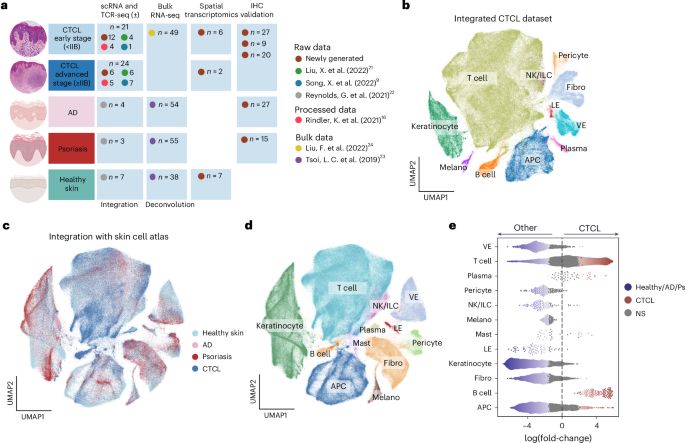
Cutaneous T cell lymphoma atlas reveals malignant TH2 cells supported by a B cell-rich tumor microenvironment - Nature Immunology
Haniffa and colleagues provide diagnostic aids, potential biomarkers for disease staging and therapeutic strategies for cutaneous T cell lymphoma.
www.nature.com







